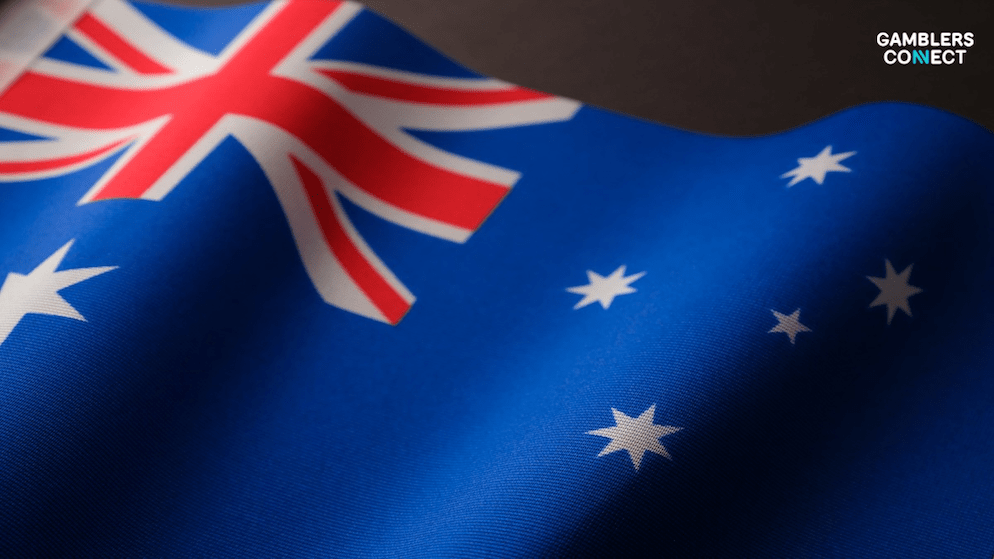
The Northern Territory Racing and Wagering Commission (NTRWC) has announced that its commissioners will immediately cease accepting gifts or corporate hospitality from betting companies.
This significant policy shift follows several months of intense public scrutiny concerning potential conflicts of interest within the body responsible for regulating Australia’s online wagering sector.
NTRWC chair Alastair Shields confirmed the decision, stating that the commission had “ceased accepting hospitality invitations” and was actively preparing a formal draft code of conduct.
This new code aims to significantly strengthen ethical standards by formalizing the procedures for managing any future offers of hospitality and by reinforcing the NTRWC’s independence and transparency.
The Territory, which acts as the primary licensing base for online wagering in Australia, hosts 43 betting operators. This arrangement has long attracted criticism due to the jurisdiction’s historically low tax regime and what many observers describe as comparatively weak regulation.
The push for reform gained traction six months ago after media reports revealed that Mr. Shields had accepted corporate hospitality, including tickets to the Darwin Cup, from bookmakers licensed by the commission.
A subsequent investigation further highlighted integrity concerns by revealing that six of the last ten commissioners had links to the racing industry through racehorse ownership, and raised questions about delays in processing public complaints.
Mr. Shields clarified that the forthcoming code will not prohibit commissioners from owning racehorses—a permissible activity under the Racing and Wagering Act 2024.
However, it will mandate full disclosure of such holdings and require recusal from any commission decisions where conflicts of interest may arise. These declarations, he noted, will form part of the official government record to ensure transparency.
The Northern Territory Department of Tourism and Hospitality confirmed that a formal review into the commission’s operations is underway, focusing specifically on conflicts of interest, gifts, and eligibility requirements, with findings expected early next year.
While calls from independent MP Justine Davis for a parliamentary inquiry have been rejected, the development of the new code is a direct step towards restoring public confidence in the regulator.





